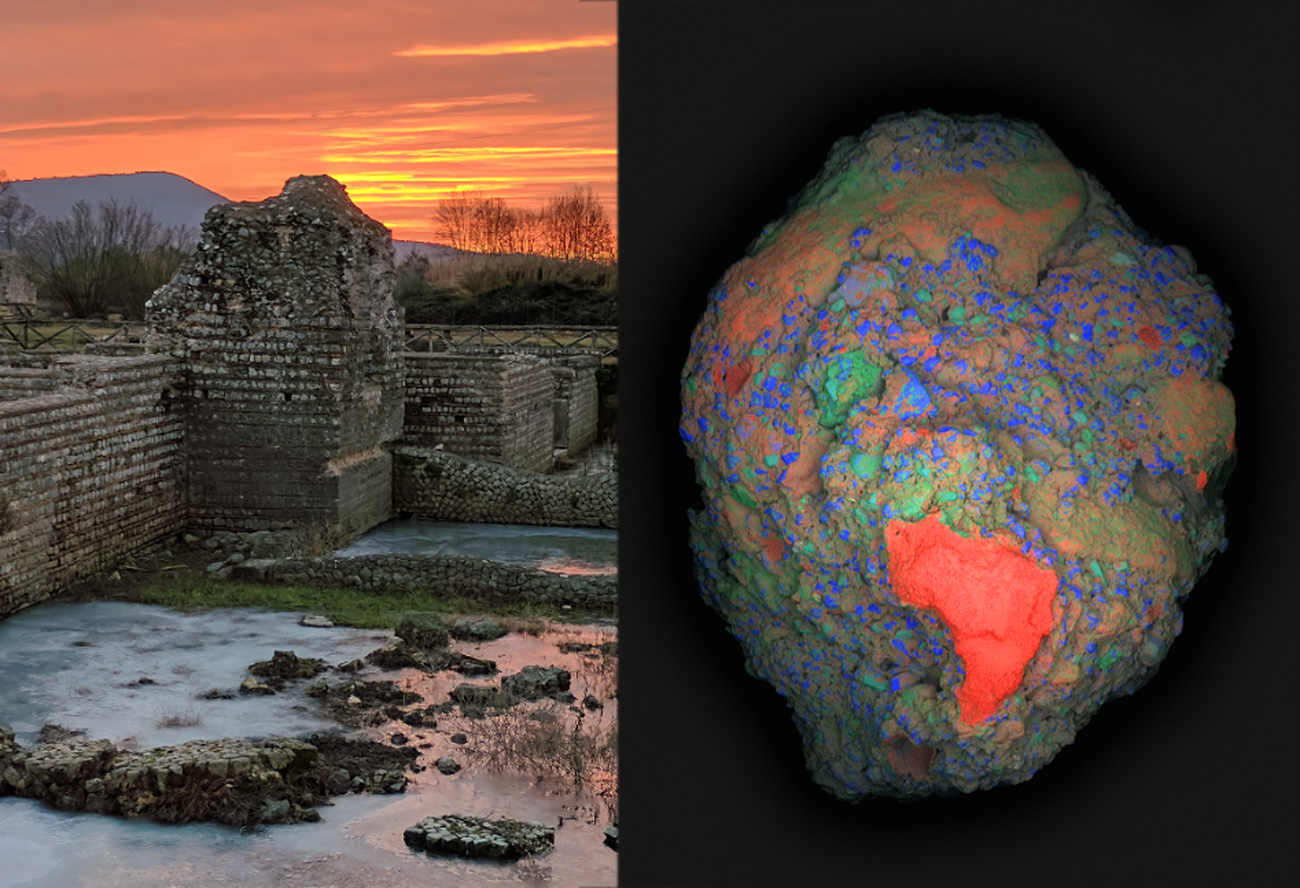Science
Yufa and
Science
Yufa and
Things change as contradictory evidence piles up, but even then, it doesn’t mean you should scrap the theory you started out with. Everyone back in the 1870s made a big mistake throwing out their perfectly good “disease of deficiency” theory as soon as there were a few contradictory stories from polar explorers. Their mistake was thinking “maybe
... See moreReal explanations will sometimes sound weird, crazy, or too complicated because reality itself is often weird, crazy, or too complicated. It’s unfortunate, but scurvy is really the BEST CASE SCENARIO. The answer ended up being almost comically simple: it’s just a disease of deficiency, eat one of these foods containing this vitamin and be instantly
... See moreIf you have a theory that’s been working pretty well for a while — it made good predictions, it solved real problems, it explained a lot of mysteries — you should stick with it in the face of apparent contradictions, at least for a while. When you hit a snag with a reliable theory, think “maybe it’s complicated” instead of “oh it’s wrong”. It may
... See moreLots of theories have been tried, and lots of them have been given up because of something that looks like contradictory evidence. But the evidence might not actually be a contradiction — the real explanation might just be slightly more complicated than people realized. Go back and revisit scientific near-misses, maybe there’s a wrinkle they didn’t
... See moreWe’re taught to see splitting — coming up with weird special cases or new distinctions between categories — as a tactic that people use to save their pet theories from contradictory evidence. You can salvage any theory just by saying that it only works sometimes and not others…Scurvy isn’t the only case where splitting was the right call. Maybe
... See more